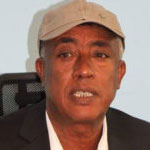
Verbatim | Jun 15,2019
Jan 28 , 2023
By Eden Sahle
A young graduate I met, asked me to find him a job so that he could make a living. I was shocked to see his academic transcripts corroborate that he was a medical doctor. He has exhausted all options for finding a job in his profession. The excuse given to him by the medical directors was the insufficient budget for salaries. Although hospitals are in desperate need of medical doctors like this young man, they are directed to reject employment as the Ministry of Health cannot hire all graduates irrespective of the high need.
The lack of job opportunities for medical doctors may not come as a surprise when glucometer strips, disposable gloves, masks, and alcohol are luxuries. It makes one question the foundation and the progress that is taking place in a country with a leader who pledged to make it a place of medical tourism. It breaks the hearts of those who take time to witness patients' and attendants' awful experiences with the incapacity to care for locals, let alone offer a healing hand to the world.
It is shocking how Ethiopia lagged far behind. Many financially well-off residents go on a medical pilgrimage to other African countries, the US and Asia to get the treatment their country cannot provide them.
The relatively better treatment of private hospitals comes with a high cost, while public hospitals shoulder the burden for most. Many can not afford to get treatments, beg for support from the public on the streets and on social media, or wait to die despite having a treatable illness.
People have lost faith in the diagnosis of a single doctor and eventually seek second and third opinions. They often end up more confused and puzzled than before. Many practitioners argue that Ethiopian physicians are capable in their clinical skills and diagnostic abilities. However, compared to the advanced technology the world has made acquaintance with, it is not satisfactory.
Last month, I witnessed my friend’s father receive news that his cardiac infarction was not treatable here. The doctor informed them their father's days were numbered and could pass on at any moment due to his heart failure.
His family was exploring means to quickly raise funds for his treatment abroad. Luckily, to spare the man's life and that of many other patients in the same situation, a group of volunteer medical doctors from Australia offered timely treatment to patients for free. They saved his life in a surgery that took less than an hour at the same public hospital he had received the unfortunate news.
With a handful of surgeons, radiologists, oncologists and cardiologists available for millions of people, many die awaiting their turn. Cancer patients wait years to get treatment. Those who travel from the regional states are advised to return to their town because of the long waitlist. And this is if they are lucky to see a doctor in the first place.
Visiting healthcare institutions is one of the most traumatizing experiences patients and attendants have to endure. The cancer patients I met at Tikur Anbessa Specialized Hospital have waited a year to get surgery. They say many of those they met at the hospital in their everyday waiting ordeal have passed away. These surviving patients have given up hope wishing to die as their fellow patients put an end to the languishing pain.
Professionals do not focus on patients with advanced illnesses. They do not think there is a point in wasting time on a 'dying' person. It is traumatizing to listen to medical professionals openly say, “the patient is almost expiring”. Medical practitioners admit to doing this and equate it to being understaffed and overworked. It is a vicious cycle as many also serve in other sectors because they cannot get employment in their profession.
Unfortunately, the medical sector is expected to evolve without introducing modern health solutions, medical equipment and human power. It is expected to advance without the vital investment cost. It is anticipated to improve without fixing the most persistent problems. Wallowing in hope without practically contributing to the progress will not bring change.
Openly accepting the problems is the beginning of the solution. Things can progressively improve by hearkening to the outcry of patients and medical practitioners. The terrible experiences and pain could ease if hospitals were better equipped.
Persistent problems lead to a more fractured medical sector that lacks public trust. It is difficult to fix the malfunction and lack of budget, but losing lives that can be saved is not easy either.
The solution involves the progression of medical practitioners by consistently upgrading their skills and the imperative financial contribution by the state to enable hospitals to treat all patients ending millions of people's afflictions.
PUBLISHED ON
Jan 28,2023 [ VOL
23 , NO
1187]

Verbatim | Jun 15,2019
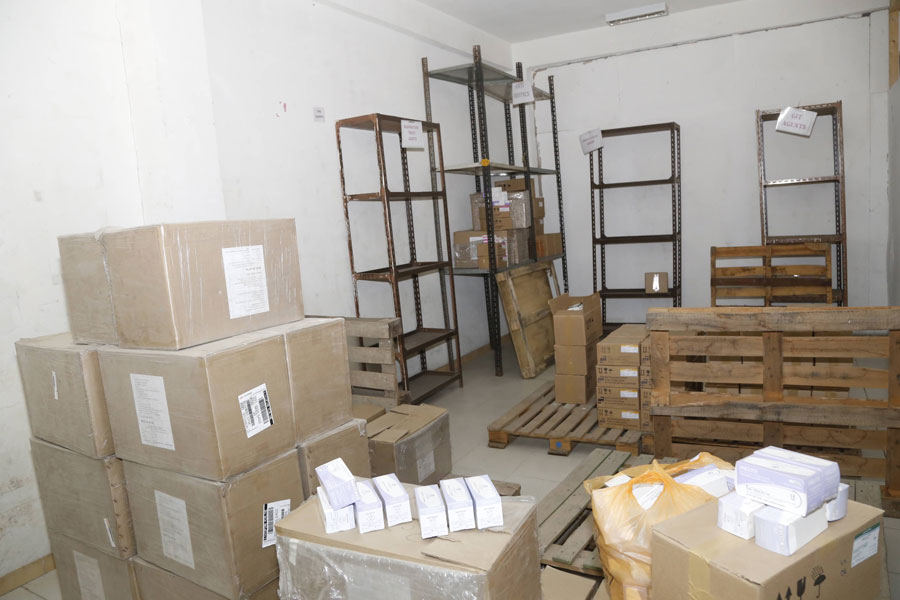
Agenda | Apr 10,2021
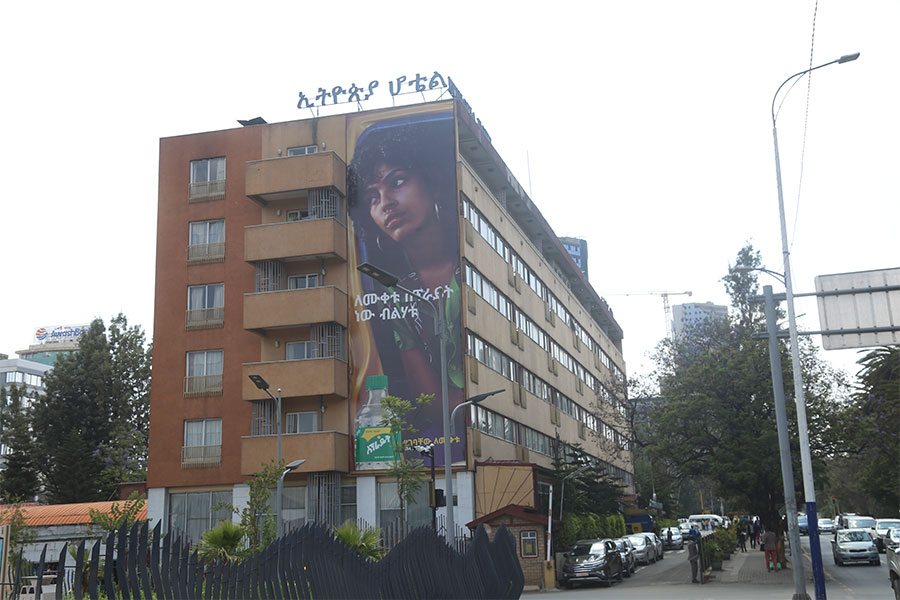
Featured | Apr 15,2023

Fortune News | Feb 02,2019

Commentaries | Jun 11,2022
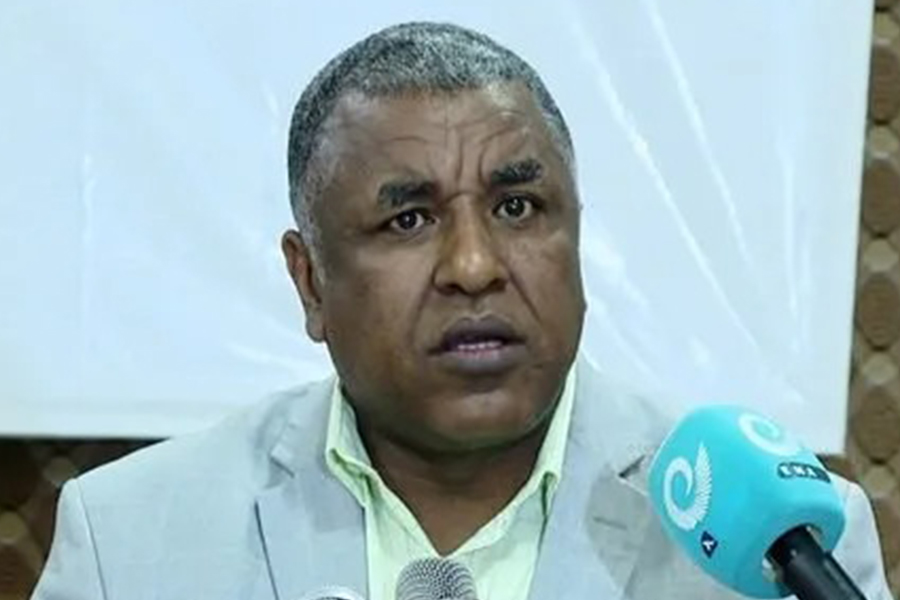
Verbatim | Jul 13,2024

Life Matters | Apr 13,2024

Editorial | Apr 29,2023

Commentaries | Dec 04,2022
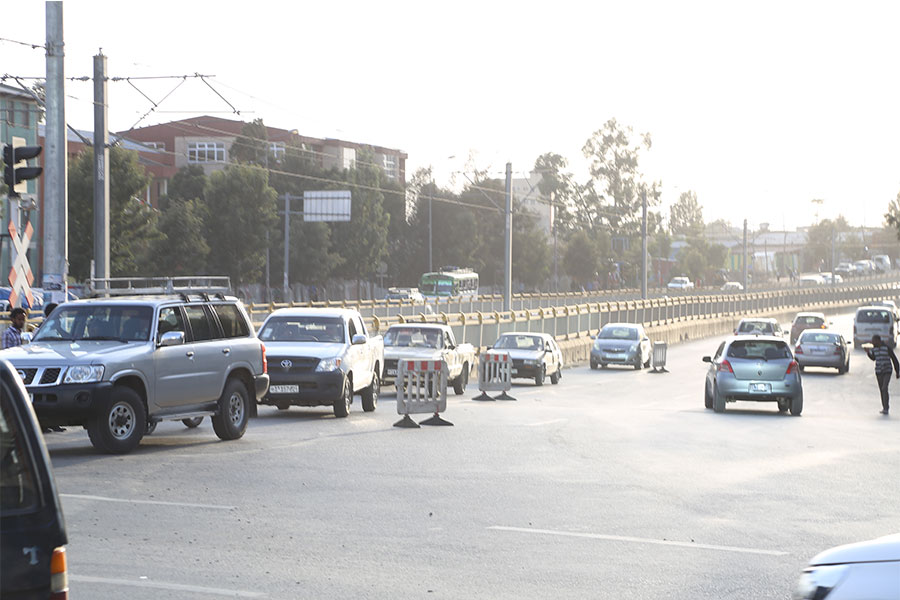
Featured | Mar 02,2019

My Opinion | 131967 Views | Aug 14,2021

My Opinion | 128357 Views | Aug 21,2021

My Opinion | 126294 Views | Sep 10,2021

My Opinion | 123910 Views | Aug 07,2021

Dec 22 , 2024 . By TIZITA SHEWAFERAW
Charged with transforming colossal state-owned enterprises into modern and competitiv...

Aug 18 , 2024 . By AKSAH ITALO
Although predictable Yonas Zerihun's job in the ride-hailing service is not immune to...

Jul 28 , 2024 . By TIZITA SHEWAFERAW
Unhabitual, perhaps too many, Samuel Gebreyohannes, 38, used to occasionally enjoy a couple of beers at breakfast. However, he recently swit...

Jul 13 , 2024 . By AKSAH ITALO
Investors who rely on tractors, trucks, and field vehicles for commuting, transporting commodities, and f...

Jul 5 , 2025
Six years ago, Ethiopia was the darling of international liberal commentators. A year...

Jun 28 , 2025
Meseret Damtie, the assertive auditor general, has never been shy about naming names...

Jun 21 , 2025
A well-worn adage says, “Budget is not destiny, but it is direction.” Examining t...

Jun 14 , 2025
Yet again, the Horn of Africa is bracing for trouble. A region already frayed by wars...

Jul 6 , 2025 . By BEZAWIT HULUAGER
The federal legislature gave Prime Minister Abiy Ahmed (PhD) what he wanted: a 1.9 tr...

Jul 6 , 2025 . By YITBAREK GETACHEW
In a city rising skyward at breakneck speed, a reckoning has arrived. Authorities in...

Jul 6 , 2025 . By NAHOM AYELE
A landmark directive from the Ministry of Finance signals a paradigm shift in the cou...

Jul 6 , 2025 . By NAHOM AYELE
Awash Bank has announced plans to establish a dedicated investment banking subsidiary...